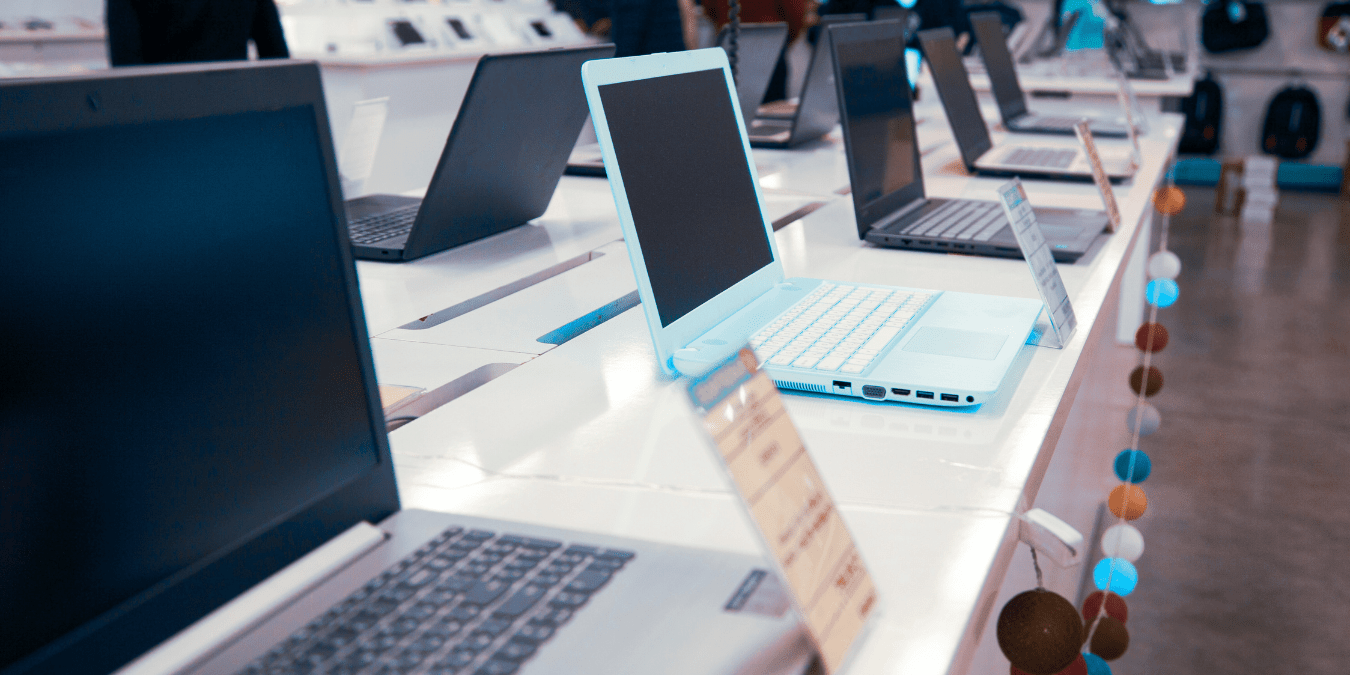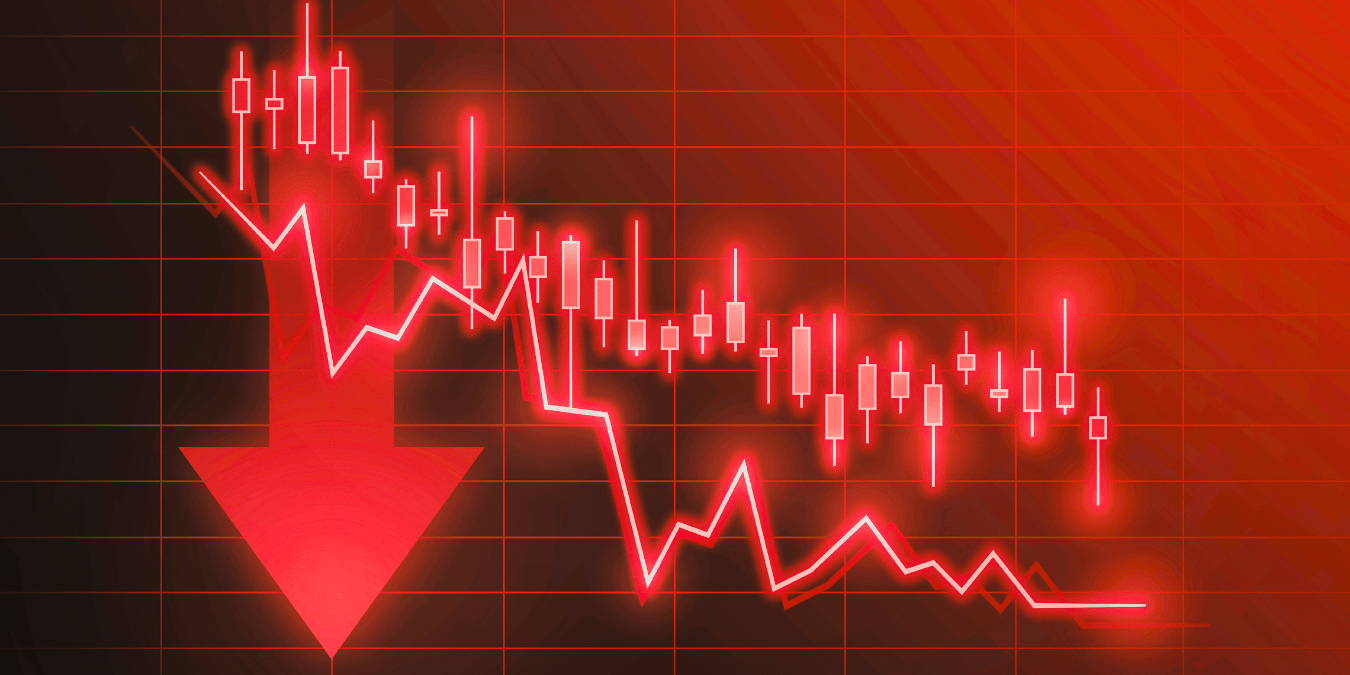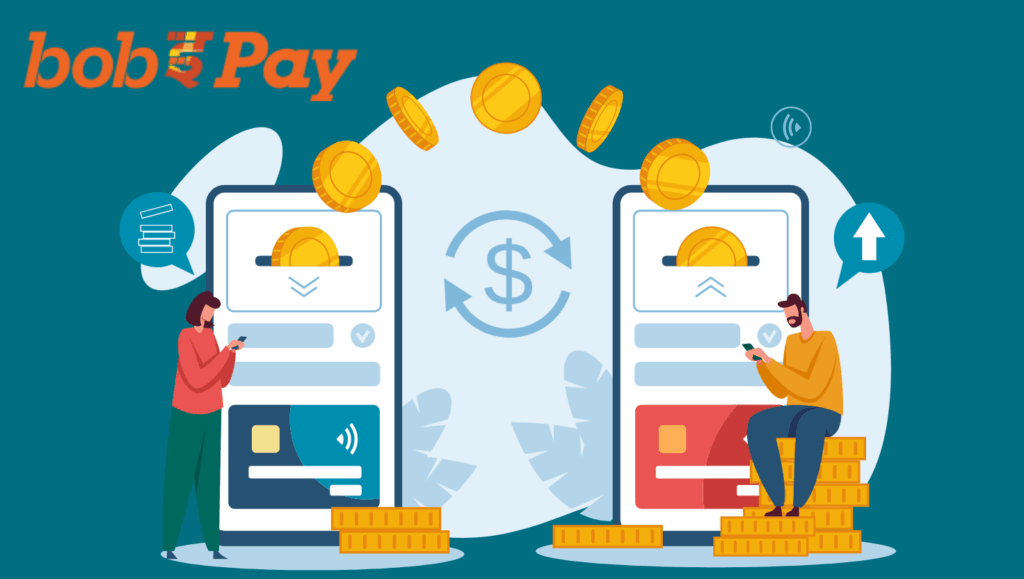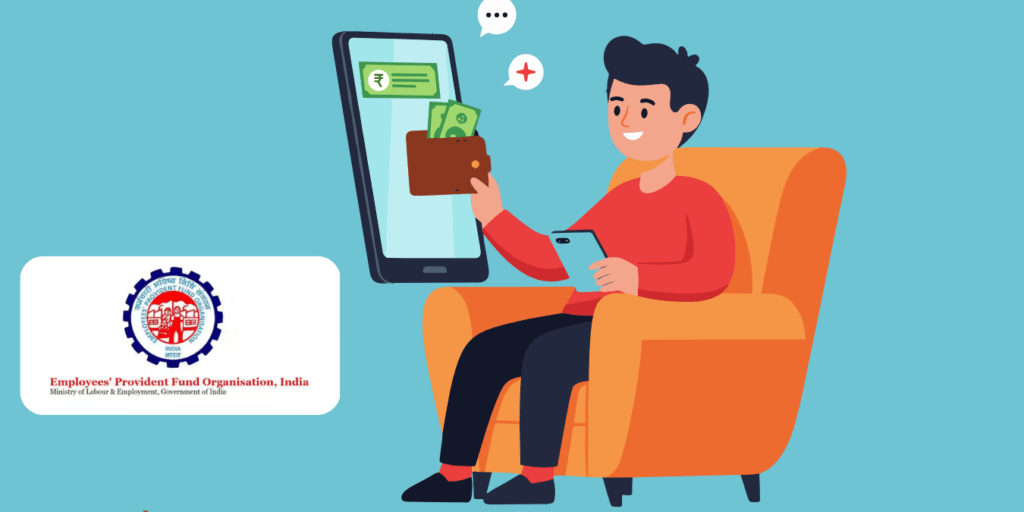
House Rent Allowance (HRA) is a significant component of a salaried individual’s income, providing tax benefits under certain conditions. However, navigating HRA exemptions can sometimes be challenging. Let’s delve into common problems and solutions related to HRA in income tax.
What is House Rent Allowance (HRA)?
HRA is a part of the salary provided by employers to employees to cover rental expenses. It is partially exempt from taxes under Section 10(13A) of the Income Tax Act, 1961. The exemption is calculated based on the least of the following three amounts:
- Actual HRA received.
- Metro Cities: For those living in metro cities (Delhi, Mumbai, Kolkata, Chennai), the HRA exemption is calculated as 50% of the basic salary plus dearness allowance.
- Non-Metro Cities: For those living in non-metro cities, the HRA exemption is calculated as 40% of the basic salary plus dearness allowance.
- Actual Rent Paid: The actual rent paid minus 10% of the basic salary plus dearness allowance is also considered in the calculation.
Recent Changes in HRA Rules
There haven’t been any significant recent changes specifically to House Rent Allowance (HRA) rules in India. However, here are some key points and updates to keep in mind:
- Old vs. New Tax Regime:
- Under the new tax regime introduced in 2020, HRA exemptions are not available. Taxpayers need to choose between the old and new regimes based on their overall tax liability.
- Metro City Status:
- There have been discussions about including Bengaluru as a metro city for HRA purposes, which would allow taxpayers to claim a 50% exemption on salary equivalent to HRA. However, this change has not been implemented yet.
- Income Tax Slabs and Exemptions:
- The income tax slabs have been reduced from six to five, and the basic exemption limit has been increased to ₹3 lakh. The new tax regime is the default regime from the assessment year 2024-25 onwards.
- Documentation Requirements:
- The requirement for the landlord’s PAN if the annual rent exceeds ₹1 lakh remains unchanged. Proper documentation, including rent receipts and rental agreements, is essential for claiming HRA exemption.
What if Landlord Refuses to Provide a PAN
If your landlord refuses to provide their PAN, you can still claim HRA exemption, but there are a few steps you should follow:
- Declaration:
- You can submit a declaration from your landlord stating that they do not have a PAN. This declaration should include the landlord’s name, address, and the amount of rent paid.
- Alternative Documentation:
- Keep all rent receipts and a copy of the rental agreement as proof of rent payments. These documents can support your claim for HRA exemption.
- Form 60:
- If the landlord does not have a PAN, they can fill out Form 60, which is a declaration form for individuals who do not have a PAN but are entering into financial transactions.
- Consult Your Employer:
- Inform your employer about the situation. They may have specific guidelines or additional documentation requirements to process your HRA claim without the landlord’s PAN.
- Income Tax Department:
- If needed, you can also consult with the Income Tax Department or a tax professional for further guidance on how to handle this situation.
It’s important to maintain transparency and proper documentation to avoid any issues during tax assessments.
Top Mistakes to Avoid When Claiming HRA Exemption
Claiming House Rent Allowance (HRA) exemption can significantly reduce your taxable income, but it’s essential to avoid common mistakes to ensure you get the full benefit. Here are the top mistakes to avoid:
1. Incorrect Calculation of HRA Exemption
- Mistake: Misunderstanding the formula for HRA exemption.
- Solution: Use the correct formula: the least of actual HRA received, 50% of salary (metro cities) or 40% of salary (non-metro cities), or rent paid minus 10% of salary.
2. Inadequate Documentation
- Mistake: Failing to provide necessary documents like rent receipts and rental agreements.
- Solution: Keep all rent receipts, a copy of the rental agreement, and if the annual rent exceeds ₹1 lakh, the landlord’s PAN.
3. Claiming HRA for Self-Owned Property
- Mistake: Attempting to claim HRA while living in a self-owned property.
- Solution: HRA can only be claimed if you are living in a rented house and paying rent.
4. Not Informing Employer About Rent Changes
- Mistake: Not updating your employer about changes in rent amount or rental address.
- Solution: Inform your employer promptly about any changes to ensure accurate HRA calculation.
5. Ignoring the New Tax Regime
- Mistake: Not considering the impact of the new tax regime, which does not allow HRA exemptions.
- Solution: Evaluate both the old and new tax regimes to determine which is more beneficial for your overall tax liability.
6. Not Maintaining Bank Statements
- Mistake: Paying rent in cash without maintaining bank statements.
- Solution: Pay rent through bank transfers or cheques to maintain a clear record of transactions.
7. Incorrect Rent Receipts
- Mistake: Submitting rent receipts that lack essential details like the landlord’s signature or the correct rent amount.
- Solution: Ensure rent receipts are properly filled out with all necessary details.
8. Not Claiming HRA for Rent Paid to Family Members
- Mistake: Assuming you cannot claim HRA for rent paid to parents or other family members.
- Solution: You can claim HRA for rent paid to family members, provided you have a valid rental agreement and rent receipts. Ensure the family member declares this rental income in their tax returns.
9. Overlooking Rent Paid in Different Cities
- Mistake: Not considering rent paid in different cities if you have relocated during the year.
- Solution: Calculate HRA exemption separately for each city if you have moved during the financial year.
10. Not Consulting a Tax Professional
- Mistake: Trying to navigate HRA exemptions without professional advice.
- Solution: Consult a tax professional to ensure accurate calculations and compliance with tax laws.
By avoiding these common mistakes, you can maximize your HRA benefits and ensure a smooth tax filing process.
Conclusion
Navigating HRA exemptions can be complex, but understanding the rules and maintaining proper documentation can help maximize your tax benefits. Always stay informed about the latest tax regulations and consult with a tax professional if needed.
Frequently Asked Questions
1. What is House Rent Allowance (HRA)?
HRA is a component of a salary provided by employers to employees to cover rental expenses. It is partially exempt from taxes under Section 10(13A) of the Income Tax Act, 1961.
2. How is HRA exemption calculated?
The HRA exemption is calculated based on the least of the following three amounts:
- Actual HRA received.
- 50% of salary (for those living in metro cities) or 40% of salary (for non-metro cities).
- Rent paid minus 10% of salary.
3. Can I claim HRA if I live in my own house?
No, HRA exemption can only be claimed if you are living in a rented house and paying rent.
4. What documents are required to claim HRA exemption?
You need to provide rent receipts and, if the annual rent exceeds ₹1 lakh, the landlord’s PAN. A rental agreement and bank statements showing rent payments can also support your claim.
5. What if my landlord does not have a PAN?
If your landlord does not have a PAN, they can provide a declaration stating that they do not have one. Alternatively, they can fill out Form 60.
6. Can I claim HRA if my landlord lives abroad?
Yes, you can claim HRA even if your landlord lives abroad. Ensure you have proper documentation like rent receipts, rental agreement, and bank statements showing rent payments.
7. What happens if I switch between the old and new tax regimes?
Under the new tax regime introduced in 2020, HRA exemptions are not available. You need to choose between the old and new regimes based on your overall tax liability.
8. How do I prove rent payments without a PAN card from the landlord?
You can prove rent payments with rent receipts, a rental agreement, bank statements, and a declaration from the landlord stating they do not have a PAN.
9. Can I claim HRA for rent paid to my parents?
Yes, you can claim HRA for rent paid to your parents, provided you have a valid rental agreement and rent receipts. Your parents must declare this rental income in their tax returns.
10. What are the common mistakes to avoid when claiming HRA?
Common mistakes include incorrect calculation of HRA exemption, missing documentation, claiming HRA for self-owned property, and not understanding the differences between the old and new tax regimes.
-
Why Indian Millennials Are Choosing Buy Now Pay Later Over High-Interest Personal Loans Explained
BNPL is exploding in India—millennials are ditching 16-31% personal loans for instant, no-cost EMIs. But is this “free
-
60% Cheaper and 8x Faster: Why Qwen3.5’s Cost Numbers Matter More Than Its Benchmark Claims
Alibaba just dropped Qwen3.5 on Chinese New Year Eve — and it doesn’t just chat, it acts. Books
-
From HUL Demerger to Magnum Control: Decoding the 26% Stake Deal’s Impact on Everyday Indian Ice Cream Lovers
Magnum Ice Cream’s shocking 26% stake grab in Kwality Walls post-HUL demerger—could this spell doom for Amul or
-
Gold and silver rates today: Latest Rates in all Major Cities February 17, 2026
Gold and silver rates in India on February 17, 2026, show a continued dip amid global uncertainties, making
-
Indian Stock Market Trends: Sensex Rebounds, Nifty Eyes 26,000 – What’s Next for February 17, 2026?
Sensex rockets 650 pts to 83,277 as Nifty nears 26K—but is Bank Nifty’s record-breaking surge a trap? Unpack
-
Tax Professionals Reveal: The Real Reason Your Refund Takes Longer Than IRS Says
Filed early but still waiting? The IRS is legally holding millions of refunds until March 2—even for January
-
Nokia’s Patent Victory: Why You Can’t Buy Acer and ASUS Laptops in Germany Anymore
Nokia just weaponized a hidden patent inside every laptop you own—and two tech giants can’t sell in Germany
-
Elon Musk Reveals X’s Game-Changing Smart Cashtags for Instant Crypto and Stock Trades
X will let you trade stocks and crypto straight from your timeline in weeks via Smart Cashtags. No app-switching, just
-
Why RBI’s Hidden Broker Funding Ban Crushed BSE, Angel One & Groww Stocks by 10% Overnight
RBI’s bombshell crushed BSE, Angel One & Groww stocks 10%—but why? Hidden bank funding curbs threaten India’s retail
-
UP Scholarship Portal Crashes Leave 40 Lakh Students Scrambling Hours Before February 18 Deadline
Thousands of UP students face educational catastrophe as February 18 scholarship deadline approaches. Portal crashes, Aadhaar failures, and




































